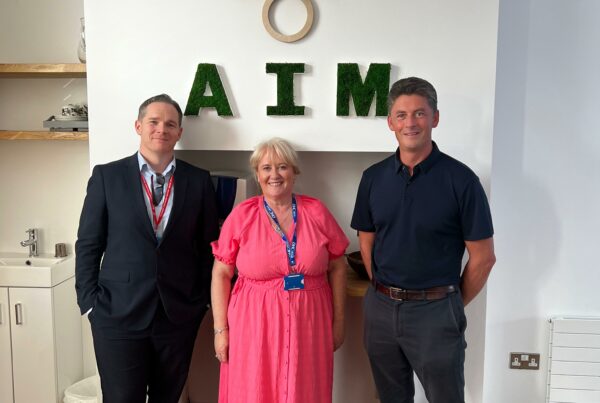There are many reasons to be grateful for the time we live in, and advances in medicine might be at the top of that list. Today we benefit from longer life expectancies and more comfortable lifestyles along with abundant health and dietary information available. Advances in medical practices mean we are protected from a wide range of illnesses that once had the potency to end lives.
The field of cardiology is no exception. Nowadays, you can visit specialist consultants, like our Venturi cardiologist near Manchester(or anywhere else in the UK) and undertake non-invasive screenings for your heart health. With early diagnosis, we can manage otherwise fatal diseases with surgeries and drug treatments and implement lifestyle changes to improve your health.
But this wasn’t always the case. The history of cardiology is only 400 years old, and we have come a long way since its first conception.
The Beginnings of Cardiology
The field of cardiology, defined as a medical specialty dealing with the diagnosis and treatment of diseases and abnormalities involving the heart and blood vessels began in 1628 when English Physician William Harvey made public his observations on the anatomy of the heart and circulation. From then on, cardiology studies continued. As a result, physicians began to reject the superstitions that had ruled earlier medicine and instead relied on scientific studies into human physiology.
Cardiology Over the Centuries
The 18th and 19th centuries saw essential advancements in heart health when we acquired a better understanding of pulse, blood pressure and the sounds and murmurs of the heart. The invention of the stethoscope by French Physician René Laennec aided in these discoveries.
Physicians of that time learned about the exchange of blood gases in the lungs, heart muscle structure and function, and congenital heart defects.
Even today, many terms in cardiology are inspired by those historical pioneers. Many syndromes and conditions are named after those that first discovered them, like Adams-Stokes syndrome and Austin Flint murmur.
The 20th century brought better diagnostic tools. Electrocardiography was invented by a Dutch physiologist in 1903. A German physicist’s research included the radiological evaluation of the heart, introducing X-rays in 1895. Echocardiography, another important cardiac test we still use frequently today, was invented in 1950.
Cardiology Today
With the improvement of diagnostic capabilities, treatment options have also expanded. There are now many drug treatments that can manage heart failure, angina, coronary heart disease, hypertension, arrhythmia, and many more. In addition, surgeons can now bypass blocked arteries in the heart, in a routine operation, allowing for better flow to the heart muscle.
With modern inventions like pacemakers and defibrillators, monitoring and responding to heart conditions has become easier and more accessible, too.
If you’re concerned about your heart health, you can rest assured the best medicine and treatment is available after centuries of research. Venturi Cardiology is a private cardiologist in Manchester, and we are proud to continue this tradition. Get in touch today to book an appointment, or visit our cardiology blog for more information.












